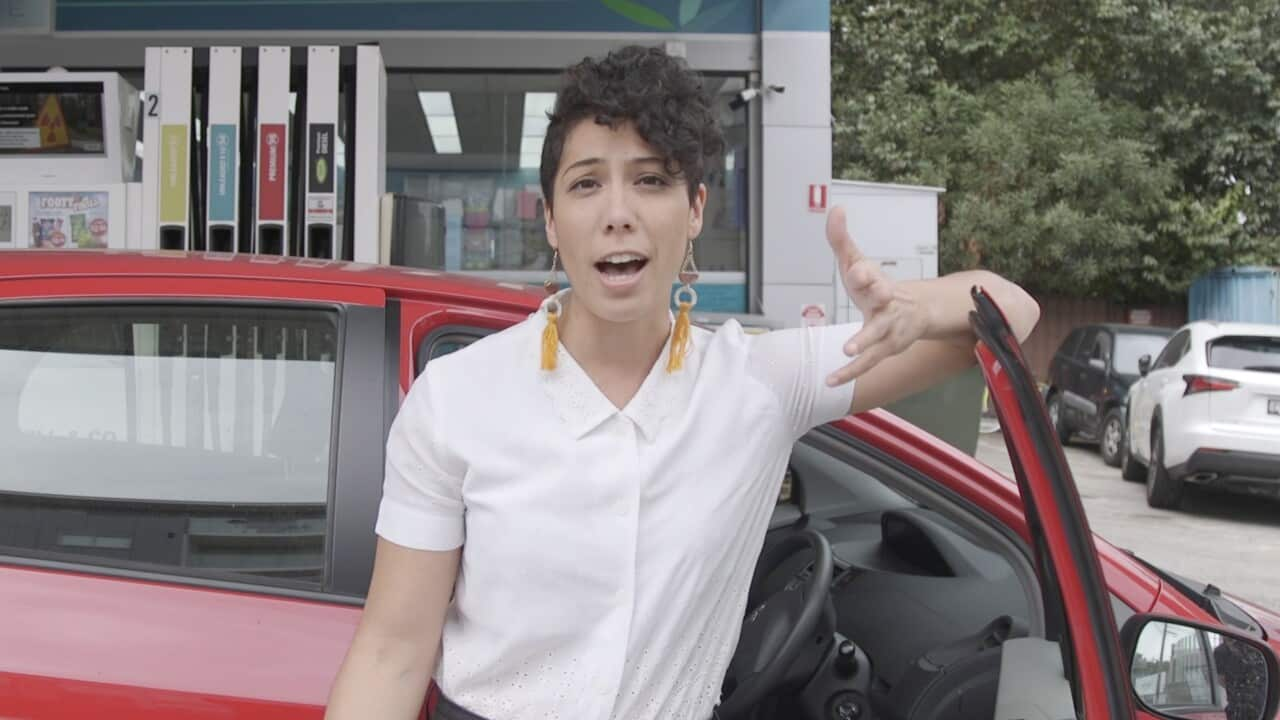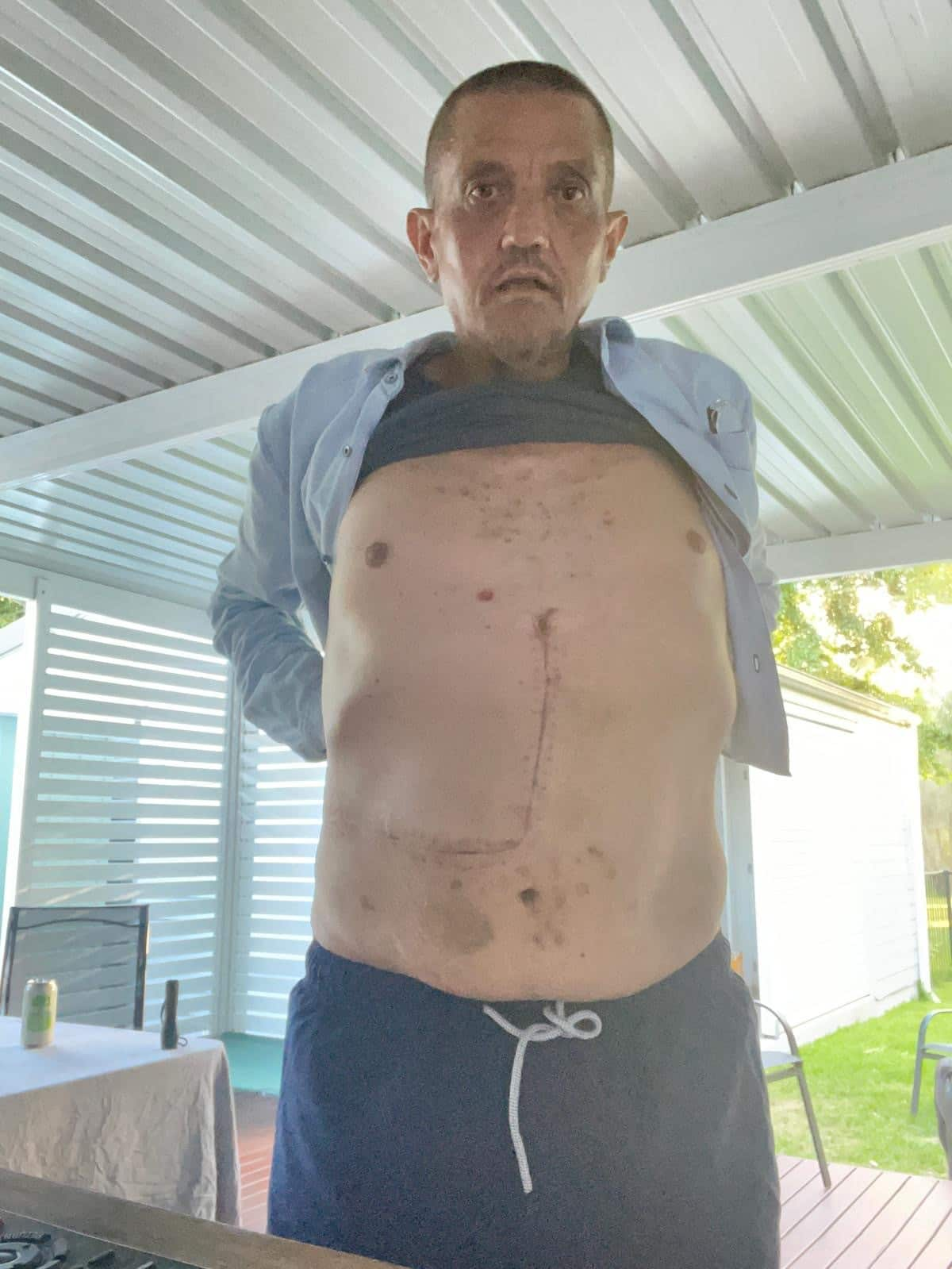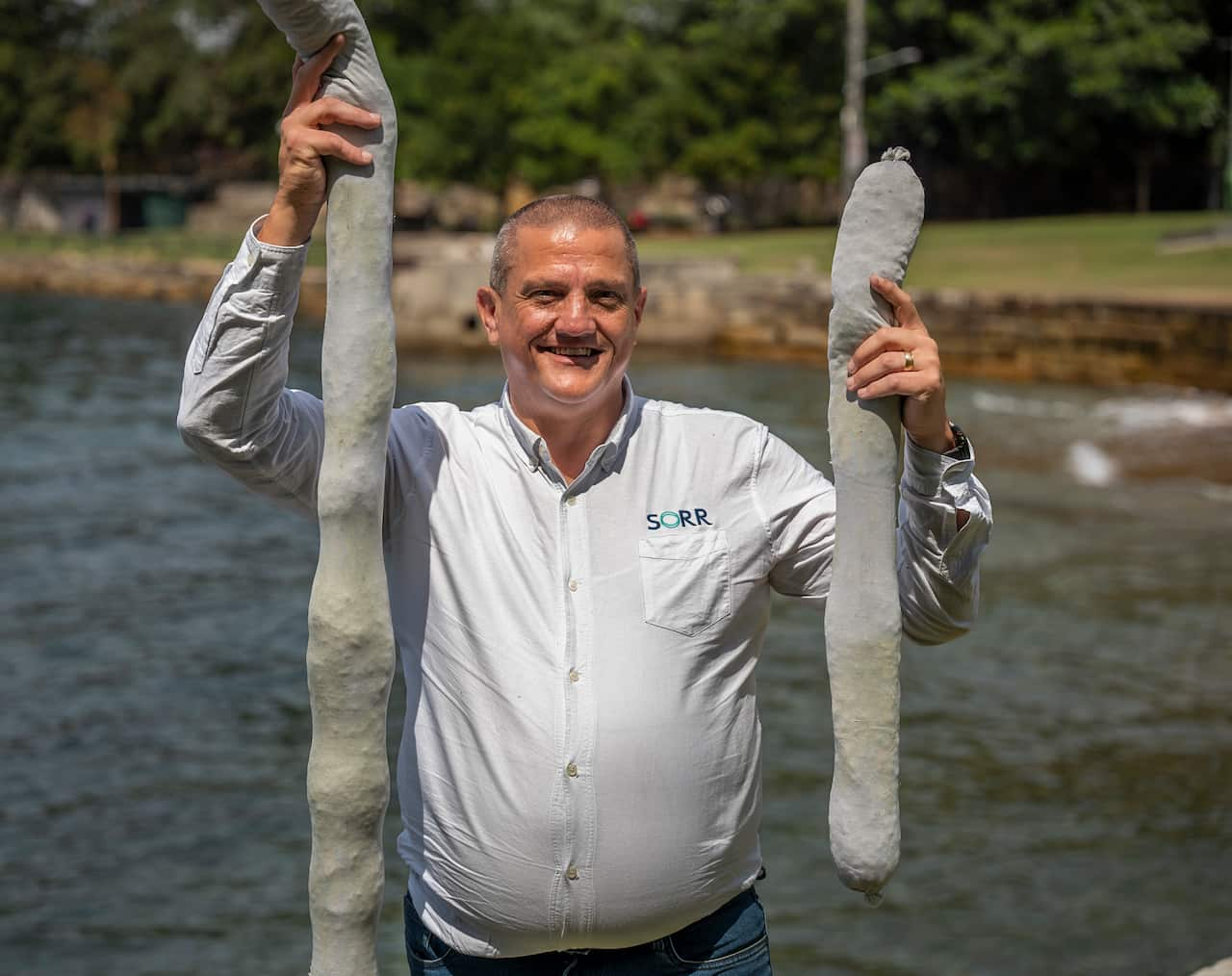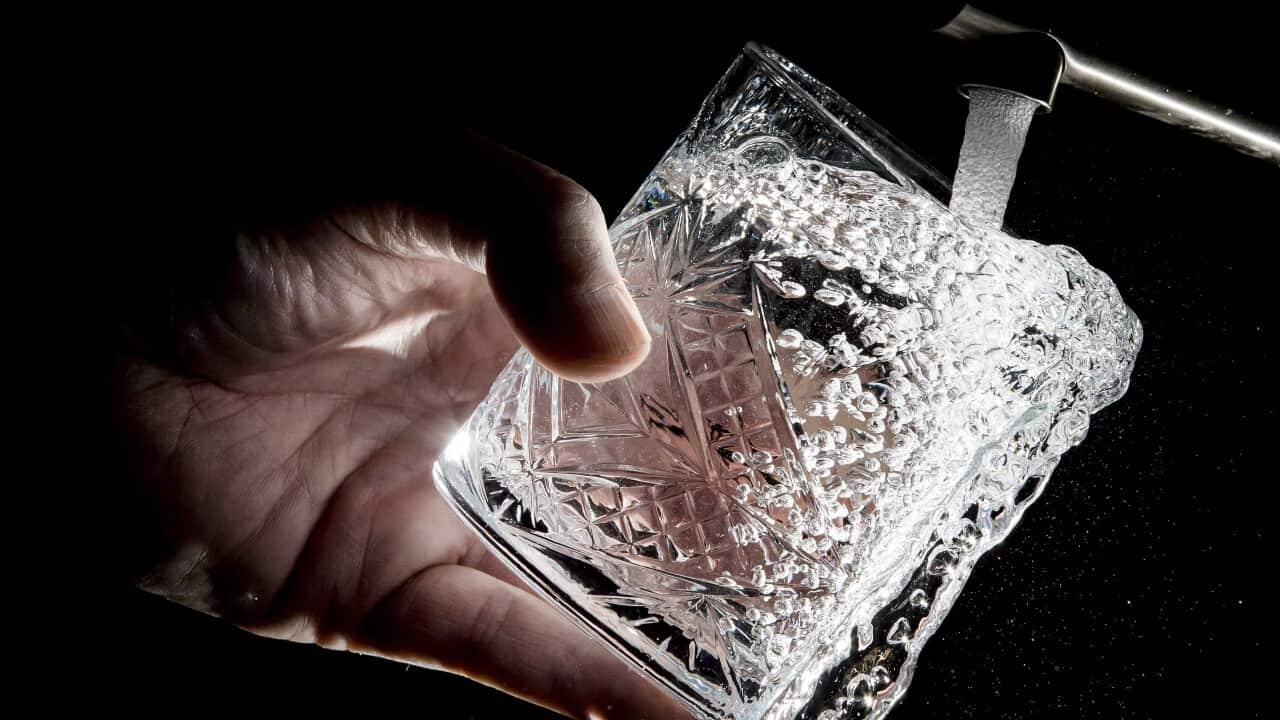Oil spills, plastic pollution and chemicals are slowly poisoning the world's waterways and oceans, according to global research.
Almost 1,000 species of marine animals are harmed by ocean pollution, and over 500 locations are now recorded as dead zones where marine life cannot exist.
Treating water pollution is a complex challenge.
Australian entrepreneur Rob Manning believes he may have a solution in the form of a hydrophobic sponge that separates oil and chemicals from water.
"It can work as small as a handheld sponge or a one-centimetre square, or it can be up to a hundred kilograms to pick up a thousand tons of oil," Manning said.
READ MORE

Are we running out of oil?
The 57-year-old is based on the NSW Central Coast and is managing director of Sustainable Oil Recovery & Remediation (SORR).
SORR makes the sponge — which Manning says is an Australian first — supported by the national science agency, CSIRO.
However, if not for a lucky escape from a fatal illness, he says it may never have been developed.
A chance GP appointment
In 2021, Manning went to see his GP for a routine checkup which would later save his life.
"I was diagnosed with end-stage liver disease. When you're told you have less than 12 months to live, you plan for not being here," he said.
"We bought a nice little home, which was our forever home. It was where I thought I was going to die."

Rob Manning didn't think he would survive his diagnosis of liver disease. Credit: Supplied
When he woke from a two-week coma, he had a new outlook on life.
Manning recalls the moment his life changed while on a walk in regional NSW.
"There's a creek [on the Central Coast], and I saw oil on top of the water," he said.
"I thought to myself, should try to clean it up."
How does the sponge work?
SORR's invention is called a gyroid sponge.
"It can pick up seven to 10 times its own weight in oil. So, you can squeeze the oil out of the sponge to separate it from the water," he said.
"If you imagine a block of Swiss cheese, but with hundreds or millions of holes, the surface area of this material is exponentially bigger than it appears."
Manning says the sponge can be used to clean pollutants out of dirty waterways or to assist with cleaning up oil spills.
And it may have global implications.

SORR's sponge has been tested around the world to see if it can recover and remediate pollution from water. Credit: Supplied
There, he is working with local organisations testing the sponge in contaminated water.
Manning is part of CRISO's India Australia Rapid Innovation and Startup Expansion (RISE) Accelerator program, which provides mentorship and development for Australian entrepreneurs who want to tackle climate and environmental challenges.
RISE program director Tamara Ogilvie said: "Most climate and environment challenges are global, so international relationships and partnerships are critical to solving those challenges."
"Being a co-founder of a startup can be really lonely at times, and scaling up presents many challenges.
"So, bringing companies together with CSIRO support helps to develop new collaborative relationships. It is a joy to observe."
Use and reuse
Manning said that once the sponge has reached the end of its life cycle, it can then be recycled.
And he is not the only Australian innovator looking to India.
Naren Subramaniam is an engineer who has a personal connection with the country. He was born in Chennai in southern India.
"So, I always hoped to give back to the community where I grew up," he said.
His company, Circular Seed, collaborates with SORR and is also developing new ways to recycle materials that would otherwise end up in landfills or pollute waterways.
One project turns plastic waste into bricks for building roads.
"Developing countries urgently need solutions like this because of the vastness of the population and the scale of the plastic problem across the country," Subramaniam said.
Plastic is one of the worst water pollutants, according to scientists. It is estimated ocean plastic pollution will triple over the next 40 years, with waste expected to exceed one billion tonnes.
Reducing water pollution is complex
Ravi Naidu is the CEO of the Cooperative Research Centre for Contamination Assessment and Remediation of the Environment.
He says cleaning and remediating water is complex and expensive.
"Any pollutant which is present in water could adversely impact both ecosystems and human health," he said.
And it’s not only oil and plastic that causing harm.
Pathogenic bacteria are also often present in polluted water, which can lead to life-threatening illnesses.
However, Naidu says risks are hard to quantify.

Rob Manning hopes to see the sponges used globally to clean polluted waterways and help with oil spill remediation. Source: SBS / Spencer Austad
"The reality is humans live off the sea. So, if the fish are consuming plastics or lithium or cyanide, that gets into the food chain, and then it's in us.
"And that's one of our biggest drivers, to make the invisible visible, to take the things that we can't see out of the water."











